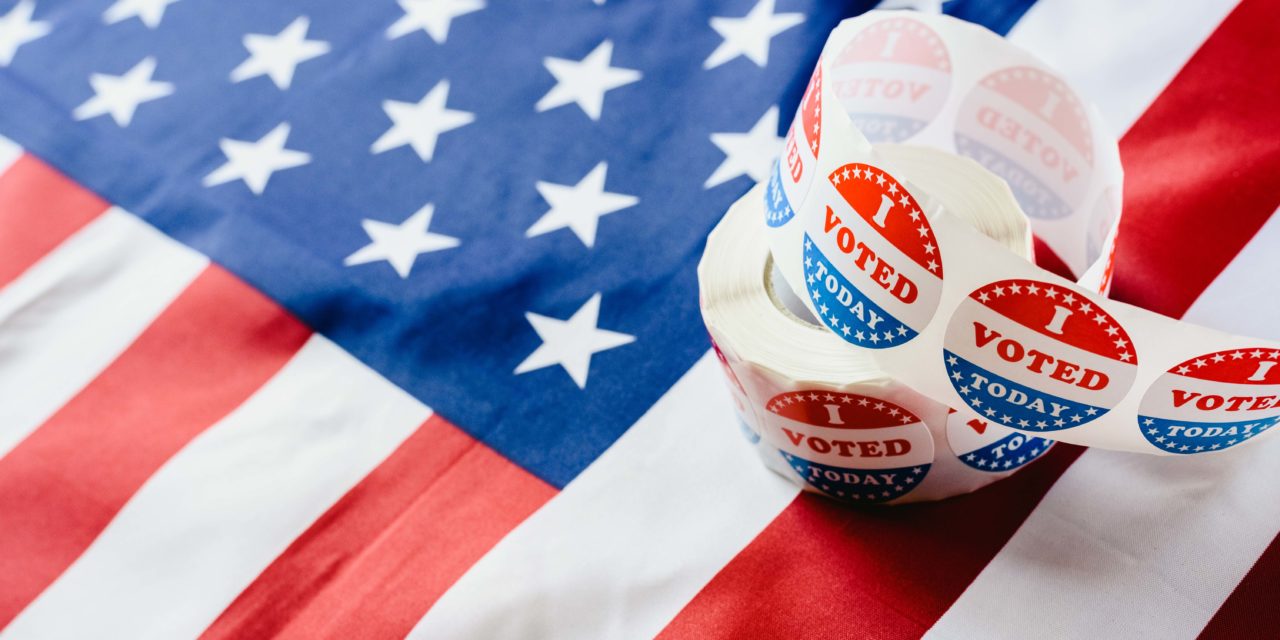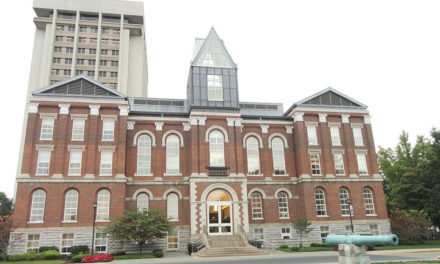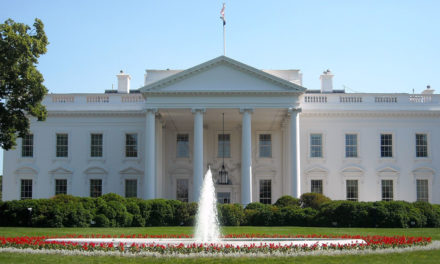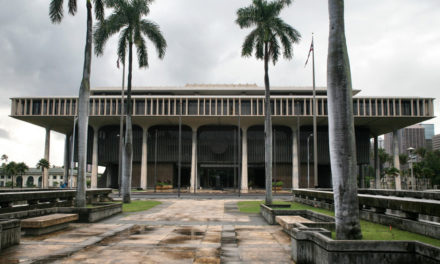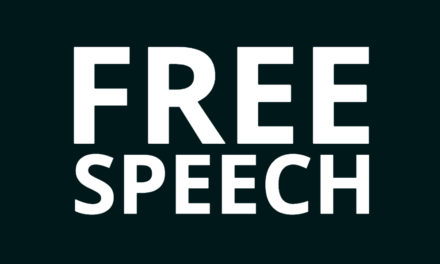Most of us are not fans of incessant, seemingly never ending campaigns. Too many television ads. Emails flooding our inbox. Flyers showing up in the mail on a daily basis. Unwanted robo-calls at dinner time.
But what if candidates had no funds to conduct their ad campaigns? How would you hear about them? Would you simply vote for the incumbent because you don’t know who else is running? Is that the best way for citizens to participate in self-government?
On the other hand, if donations to campaigns were unlimited, would elections be dominated by deep-pocketed donors? Would that encourage corruption, i.e. vote buying? That’s the thinking behind campaign finance laws. Each state sets its own limits for contributions to state-based races to avoid possible corruption.
But, at what point do state limits on political donations hamper the free speech of candidates? Balancing these competing considerations can be delicate, and if a state gets too stingy in what it permits, First Amendment issues arise and lawsuits ensue.
That’s what happened in the case of Alaska’s campaign finance law, which limits individual donations to state candidates to $500 per year. Alaska’s size, geography and communication channels pose a number of challenges to candidates trying to get their message out, and that favors the incumbent officeholder, who benefits from name recognition among voters. And guess who writes these laws? The incumbents. Low contribution limit laws handicap the people running against the politicians who wrote the laws. That’s where the courts come in.
Alaska’s donation law was challenged in court, and two federal courts, including the 9th U.S. Circuit Court of Appeals, upheld the limits before the case reached the U.S. Supreme Court. Recently, however, the Supreme Court vacated the 9th Circuit decision and sent it back down to that appeals court for a do-over, suggesting that Alaska’s limits were too low, and that the 9th Circuit had not properly applied applicable Supreme Court precedent.
Alliance Defending Freedom represents Alaska’s voters in this challenge to the state’s contribution limits. In a website press statement, John Bursch, the ADF lawyer in charge of the case, outlined the importance of the high court’s ruling: “The freedom of voters to participate in the political process is seriously impeded by laws that don’t allow them to meaningfully support the candidates and causes they believe in. We are not surprised that the Supreme Court vacated this ruling and sent it back for reconsideration. It has previously made clear that such contributions are a quintessential First Amendment exercise. The 9th Circuit seemed to understand this but, mystifyingly, relied on its own, older precedent rather than the Supreme Court’s more recent decisions in upholding Alaska’s overly restrictive campaign contribution limits.”
If we’re going to govern ourselves, we need to be informed. We should welcome the Supreme Court’s attempt to bring a level playing field to elections in Alaska.

